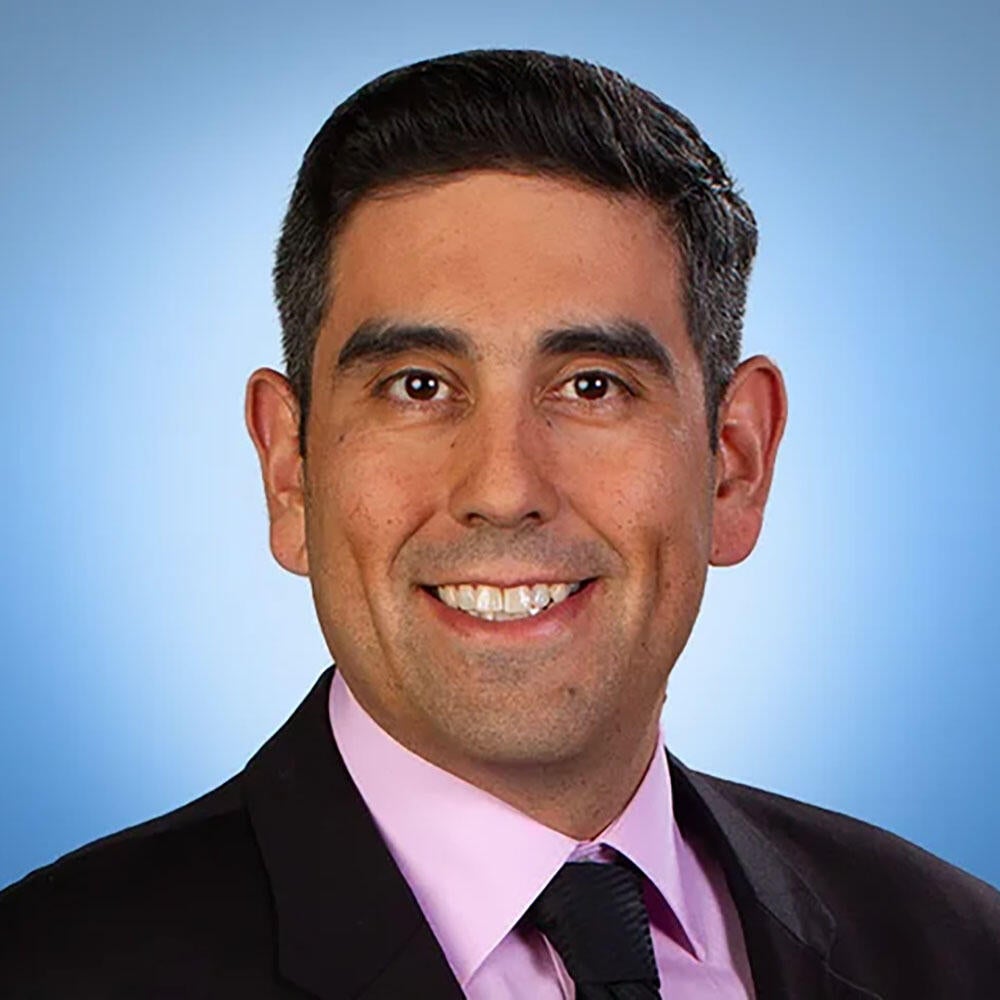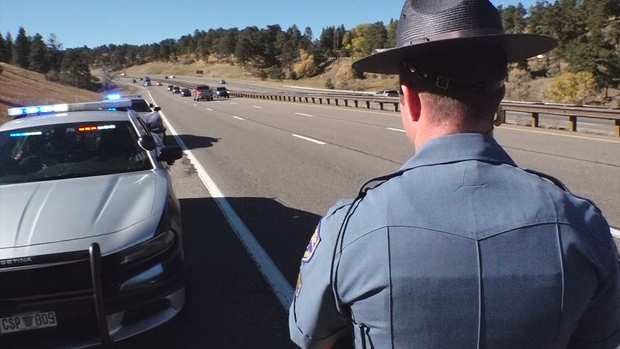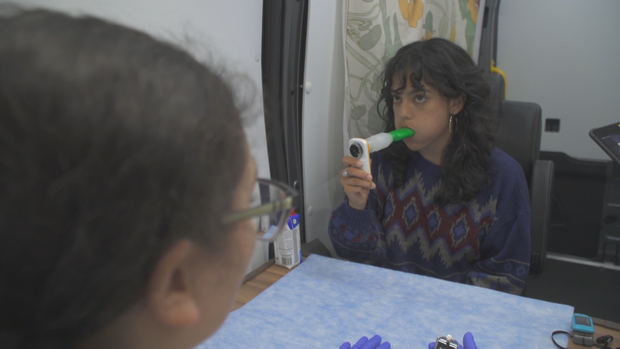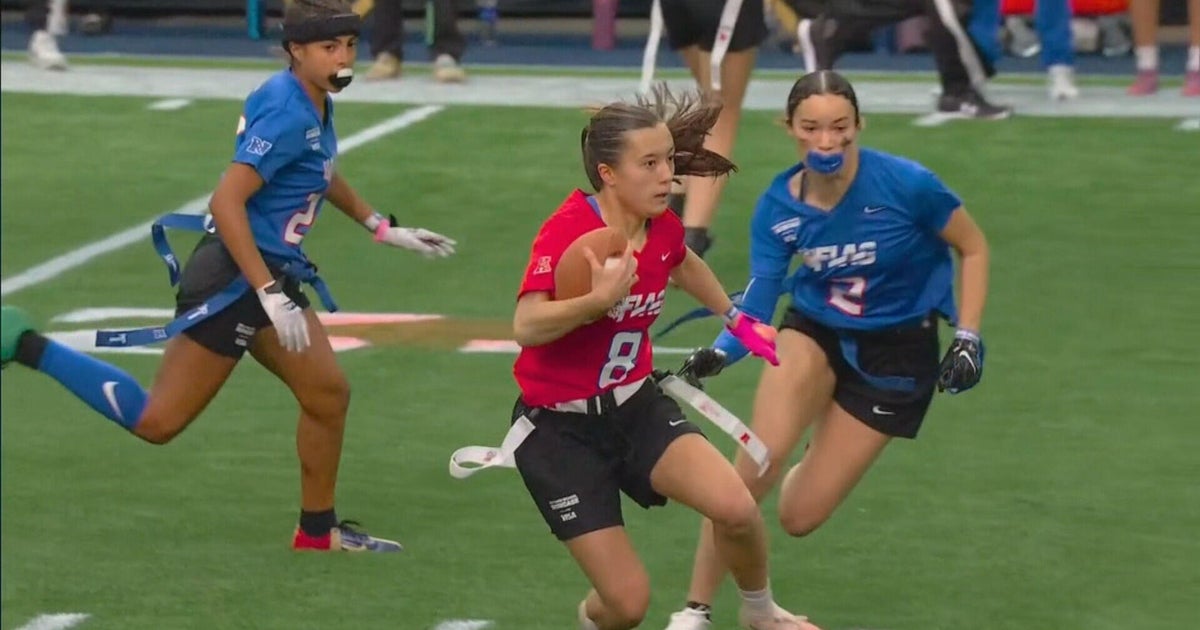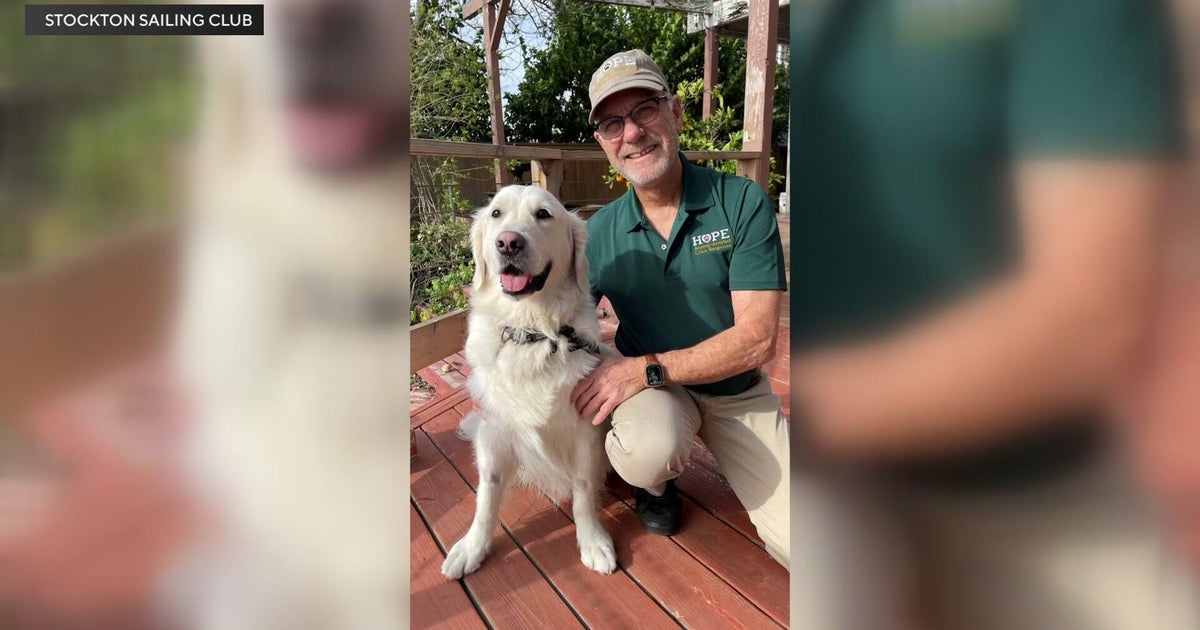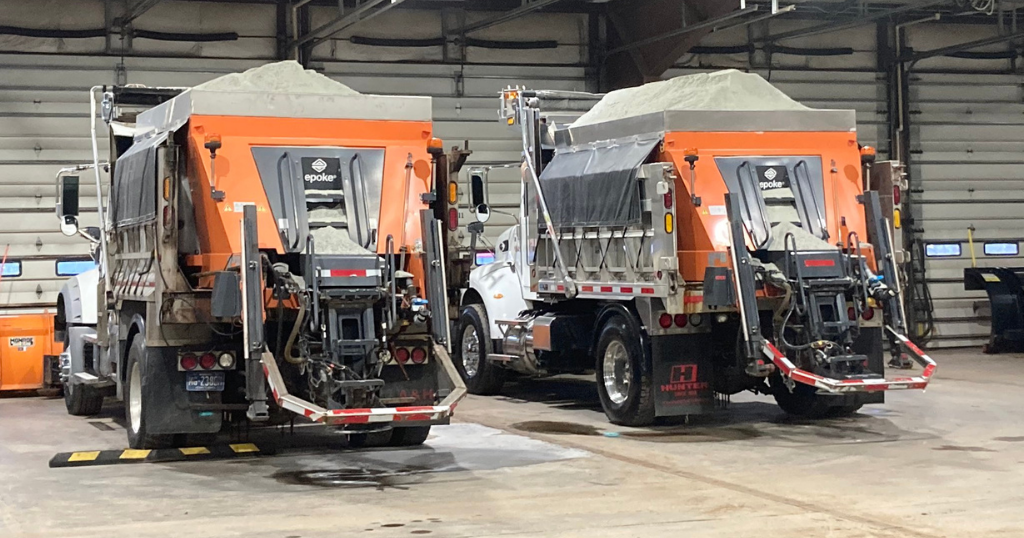Colorado State Patrol cracking down on people who drive while high
From Saturday through the Super Bowl, the Colorado State Patrol says troopers will make sure to track down and ticket impaired drivers because they know incidents of impaired driving can spike during this period.
"Because usually people have the time off and they can drink. And some make the mistake of drinking and driving," Trooper Sherri Mendez said. "We want to make sure everybody gets home safe to their families during holidays."
They won't just be looking for drunk driving; driving while high will get you a ticket too and they have their own methods to detect if you're too high to drive.
"There's a lot of things that go into it. It's a totality of circumstances," Mendez said.
Researchers at the University of Colorado Boulder and the National Institutes of Standards and Technology say enforcing driving while high has been a conundrum since legalization.
"When cannabis was legalized, we didn't really have clear questions in terms of how are we going to enforce this," said Cinnamon Bidwell, associate professor of psychology and neuroscience at CU Boulder.
She hopes their new study will help law enforcement accurately measure when someone is too stoned to drive.
They're taking a van equipped with specialized equipment to regular cannabis users. After a baseline test in the van, participants leave to use cannabis. Then they return to the van for 13 breath tests over two hours and a series of tests to gauge how high they feel.
Researchers hope to provide a clearer picture of what a baseline level of cannabis looks like in the breath of a regular user and how that number rises and falls as their level of intoxication changes.
"The question is, is there a time course where we see an increase and then a time that goes down," Bidwell said.
They hope that in the future, this could lead to the development of a reliable cannabis breathalyzer.
CSP says any technology that makes roads safer is welcome, but when people drive high, they can usually tell.
"If you're talking to somebody, you know they're impaired," Mendez said.
